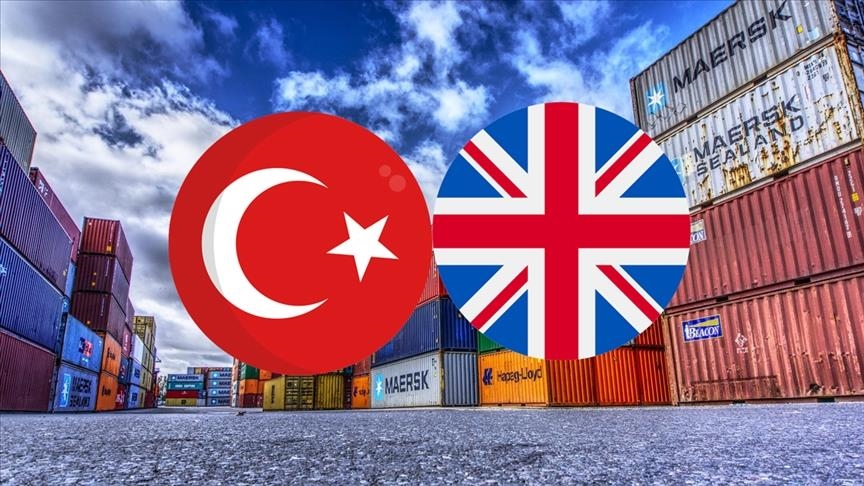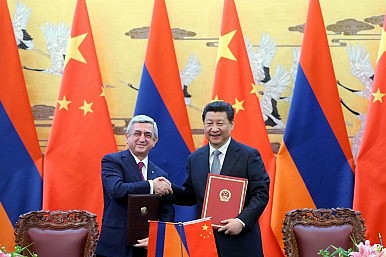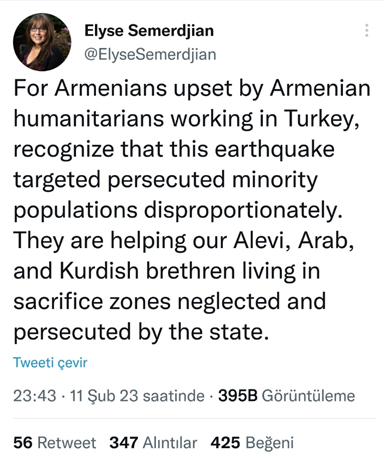In today’s world where the global economic and political centre of gravity has started to shift to the East, to Asia-Pacific, People’s Republic of China, rising star of Asia, has been steadily and rapidly progressing to be the most powerful country in the world. The country has reached its current position after a succession of imperial dynasties over two thousand years, struggle against colonialism, foreign intrusions and invasions, establishment of the Republic by ousting the last emperor in 1911, a tempestuous transformation period during which World War I and II was endured, a civil war between nationalists and communists, withdrawal of nationalists to Formosa and the establishment of the Republic of China (ROC) in Taiwan in 1949, at the same time, the Communist Party’s sovereignty on mainland China, and the world coming to accept “One China” policy. Hence, being part of the territorial integrity of China, Hong Kong and Macau had to give up their existence as colonies of England and Portugal, to be ceded back to People’s Republic of China (PRC) under an autonomous administration in 1997 and 1999 respectively on the condition of maintaining their status of special administrative region for fifty years, with the motto of “one state-two systems”.
These developments have made their own impact on the situation of the ROC that is composed of Taiwan and a few small contiguous islands. As both governments adhere to the policy of “one China”, and People’s Republic of China additionally delivering a warning of military intervention in the case of declaration of independence by Taiwan, the ROC government suffices with the existence of about twenty three countries which recognize her as the representative of China in the international arena, on the one hand, she develops contacts with international organizations, on the other hand, she has adopted a liberal and flexible policy to establish and develop relations with the PRC pursuant to its three principles of “no unification, no independence, no use of force”. Since 2008 both countries started still ongoing meetings of two mutual non-governmental organizations resulting in sixteen official agreements. These agreements have actually led to practical openings. Due to “Economic Cooperation Framework Agreement”, trade volumes of two countries have reached to 170 billion dollars, 1, 5 billion Taiwanese citizens now work in mainland China, and 40% of exports of Taiwan economy, 65% of its investments are directed to China. The number of direct flights between the two countries have increased over 600 weekly, navigation of cruise ships are started. Since the signing of the agreements, over three million Chinese traveled to Taiwan. Over 2000 students from People’s Republic of China are studying in Taiwan universities.
The relations between the Republic of Turkey and China were established with the republican regime of Dr. Sun Yat Sen in 1929 with the opening of an embassy in Nanking, and continuing until 1971 in Taipei. At that time, Turkey also recognized the PRC, as the only legitimate representative of China, whereby all relations with Taiwan were abolished. After a while, Taiwan succeeded to make a name as an economic power developing new technologies in Eastern and Southwestern Asia, and as one of the four Asian Tigers. Consequently an agreement was signed between Turkey and Taiwan in 1993 for developing economic and cultural relations. The Office of Economy and Culture in Ankara and Turkish Office of Commerce in Taipei were established. As a result, there was rapid progress in ten years in reciprocal economic and commercial relations and contacts.
It is foreseeable for Turkey to benefit from cooperative potential of Taiwan in economic and investment enterprises in the Central Asian Turkic Republics and People’s Republic of China. Taiwan has a considerable experience and knowledge particularly in the field of small and medium enterprises (SMEs) throughout PRC. Cooperation with Taiwanese partners who undoubtedly know China best can provide attractive opportunities for Turkish SMEs entrepreneurs who know relatively less about PRC and are less familiar with the conditions. Likewise in the investments in the Central Asian Republics, similar cooperation can be undertaken with changing roles. Moreover, an interesting aspect of Taiwan for Turkey is that Taiwan is a country which took the lead in 1958 in opening the Department of Turcology among the universities of the Far East. Almost 40 Turcology students graduate every year, making it a country where Turkish language is familiar. English being prevalently studied and spoken is a factor that can be helpful in communications. Furthermore, established democracy and freedoms facilitate contacts and liberal exchange of views. One of the issues for which Taiwan shows interest is to be able to be connected to Europe by highways and railways. In that sense, the “Silk Road” project and related projects of Turkey about the transportation corridors to Eurasia draw attention and create a common point in cooperating with Turkey. The inauguration of the Bosphorus tunnel which now connects two continents has been a development of inspiration for possible projects that the starting station of this Eurasian line in Asia may be Taiwan by connecting to the mainland with tunnels and bridges.
© 2009-2025 Center for Eurasian Studies (AVİM) All Rights Reserved
 THE IMPORTANCE OF EU-CHINA AGREEMENT FOR TURKEY AND THE UK
THE IMPORTANCE OF EU-CHINA AGREEMENT FOR TURKEY AND THE UK
 CHINA’S GROWING PRESENCE IN THE CAUCASUS
CHINA’S GROWING PRESENCE IN THE CAUCASUS
 BRIBE? A NEW LIABILITY? ARMENIA’S NEW ISKANDER MISSILES
BRIBE? A NEW LIABILITY? ARMENIA’S NEW ISKANDER MISSILES
 RACISM AND BIGOTRY IN ACADEMIA: THE ELYSE SEMERDJIAN CASE
RACISM AND BIGOTRY IN ACADEMIA: THE ELYSE SEMERDJIAN CASE




























